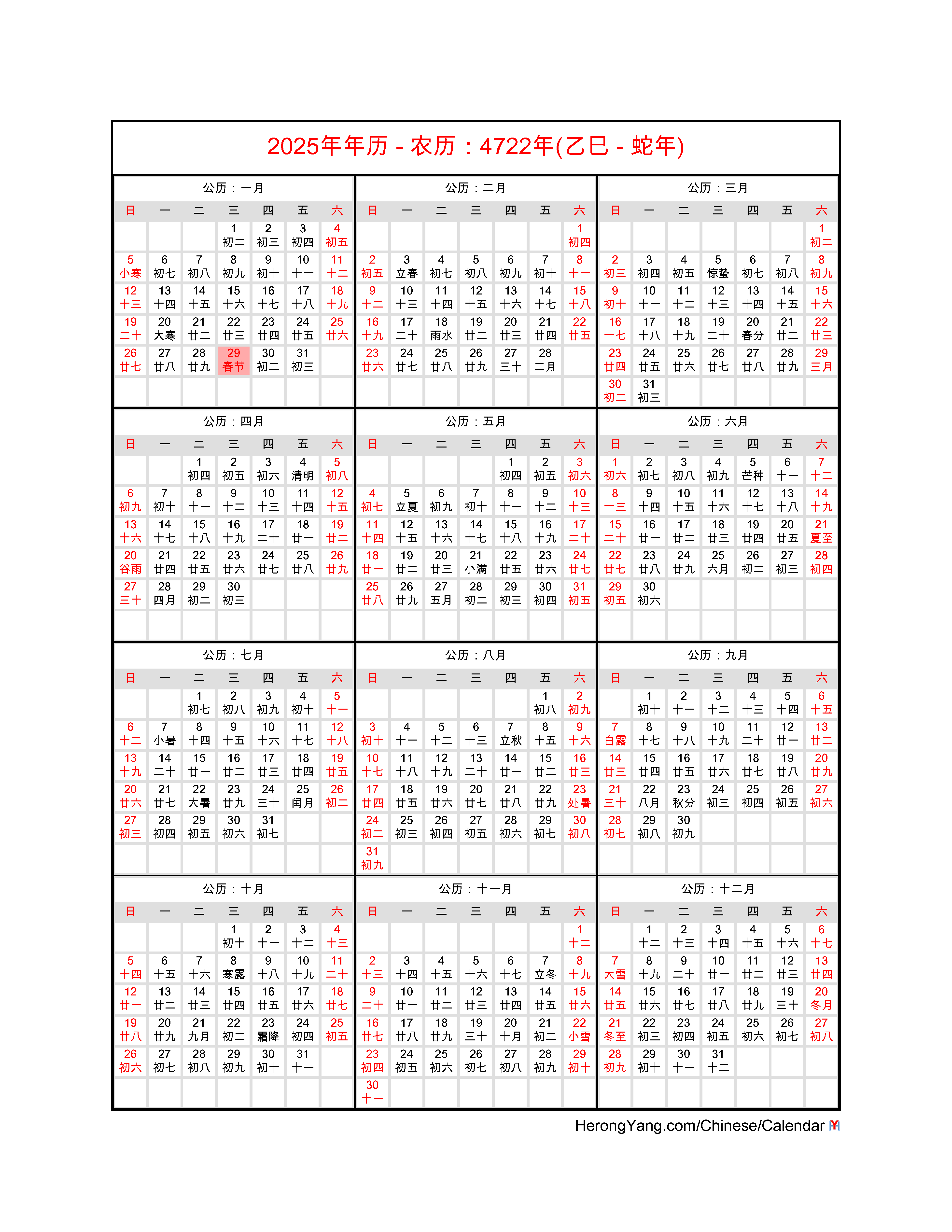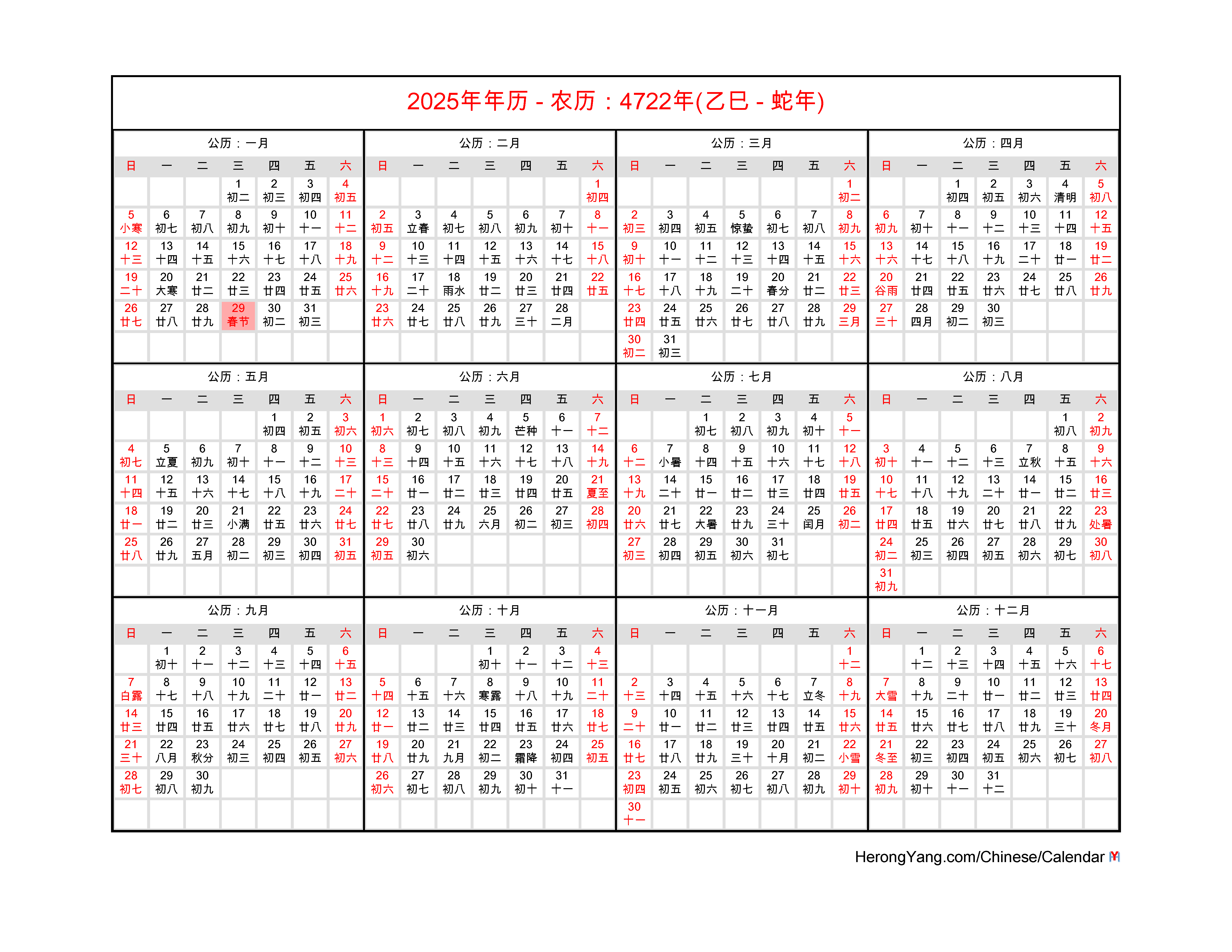A Comprehensive Guide to China’s National Holidays in 2025
Related Articles: A Comprehensive Guide to China’s National Holidays in 2025
Introduction
With great pleasure, we will explore the intriguing topic related to A Comprehensive Guide to China’s National Holidays in 2025. Let’s weave interesting information and offer fresh perspectives to the readers.
Table of Content
A Comprehensive Guide to China’s National Holidays in 2025

China’s national holidays are a crucial part of the country’s social and economic fabric, offering opportunities for family reunions, cultural celebrations, and economic stimulation. Understanding these holidays is essential for anyone seeking to engage with Chinese culture, navigate business dealings, or plan travel to the country.
This comprehensive guide provides a detailed overview of China’s national holidays in 2025, highlighting their significance, benefits, and practical implications.
Understanding China’s National Holiday System
China’s national holiday system is based on a combination of traditional and modern influences. The most significant holidays are rooted in the country’s rich history and cultural heritage, while others reflect the nation’s modern political and economic development.
Key National Holidays in 2025
1. New Year’s Day (元旦)
- Date: January 1st
- Duration: 1 day
- Significance: Marks the beginning of the Gregorian calendar year, a relatively new holiday in China, introduced in the early 20th century. It symbolizes a fresh start and a time for setting new goals.
- Activities: Family gatherings, fireworks displays, and shopping are common activities during this holiday.
2. Spring Festival (春节)
- Date: January 24th (Based on the lunisolar calendar, the date may vary slightly each year)
- Duration: 7 days (including the New Year’s Eve)
- Significance: The most important traditional festival in China, celebrating the beginning of the lunisolar year. It is a time for family reunions, traditional customs, and festivities.
- Activities: Family dinners, red envelope gifts (hongbao), lion dances, dragon dances, fireworks, and visiting relatives are customary during the Spring Festival.
3. Tomb-Sweeping Day (清明节)
- Date: April 4th (Based on the lunisolar calendar, the date may vary slightly each year)
- Duration: 3 days
- Significance: A traditional festival for honoring ancestors and paying respects at their graves. It is a time for remembrance and reflection.
- Activities: Visiting ancestral graves, offering food and incense, and spending time with family are common practices during Tomb-Sweeping Day.
4. Labour Day (五一劳动节)
- Date: May 1st
- Duration: 1 day
- Significance: Celebrates the achievements of the working class and emphasizes the importance of labor in society. It is a relatively modern holiday, introduced in the early 20th century.
- Activities: Many people take advantage of this holiday for short vacations, visiting tourist destinations or spending time outdoors.
5. Dragon Boat Festival (端午节)
- Date: June 7th (Based on the lunisolar calendar, the date may vary slightly each year)
- Duration: 3 days
- Significance: A traditional festival commemorating the legendary poet and minister Qu Yuan, who is believed to have drowned himself in a river. It is associated with rice dumplings (zongzi) and dragon boat races.
- Activities: Eating zongzi, watching dragon boat races, and other cultural performances are common activities during the Dragon Boat Festival.
6. Mid-Autumn Festival (中秋节)
- Date: September 10th (Based on the lunisolar calendar, the date may vary slightly each year)
- Duration: 3 days
- Significance: A traditional festival celebrating the harvest moon, symbolizing family reunions and togetherness. It is associated with mooncakes and moon gazing.
- Activities: Family gatherings, enjoying mooncakes, and gazing at the full moon are traditional activities during the Mid-Autumn Festival.
7. National Day (国庆节)
- Date: October 1st
- Duration: 7 days
- Significance: Celebrates the founding of the People’s Republic of China in 1949. It is a major national holiday with a strong emphasis on patriotism and national unity.
- Activities: Large-scale celebrations, parades, fireworks displays, and cultural performances are common during National Day.
The Importance and Benefits of China’s National Holidays
China’s national holidays hold significant cultural, social, and economic importance:
- Cultural Preservation: These holidays serve as vital mechanisms for preserving and transmitting China’s rich cultural traditions and heritage to future generations.
- Family Reunions: Many holidays, especially the Spring Festival and Mid-Autumn Festival, are deeply associated with family gatherings and reunions, strengthening family ties and fostering a sense of community.
- Economic Stimulation: National holidays often lead to a surge in domestic tourism and consumer spending, providing a boost to the economy, particularly in the retail and hospitality sectors.
- Social Cohesion: These holidays offer opportunities for people from all walks of life to come together, celebrate, and foster a sense of national unity and belonging.
Navigating China’s National Holidays: Practical Tips
Understanding the nuances of China’s national holidays is crucial for anyone planning to travel or conduct business in the country:
- Travel Planning: During major holidays like the Spring Festival and National Day, travel demand skyrockets, leading to higher prices and limited availability. Booking accommodations and transportation well in advance is essential.
- Business Operations: Many businesses and government offices shut down during national holidays, affecting normal operations and potentially disrupting business schedules. Planning ahead and adjusting timelines accordingly is crucial.
- Cultural Sensitivity: Respecting local customs and traditions during holidays is paramount. Understanding the significance of various celebrations and behaving appropriately can enhance cultural understanding and foster positive interactions.
FAQs about China’s National Holidays in 2025
1. Are all national holidays in China observed with the same level of festivity and celebration?
While all national holidays are officially recognized, the level of festivity and celebration varies significantly. The Spring Festival and National Day are the most widely observed and celebrated holidays, while others like Labour Day and Tomb-Sweeping Day are more subdued.
2. How do national holidays affect business operations in China?
Many businesses and government offices close during national holidays, particularly during the Spring Festival and National Day. It is crucial for businesses operating in China to factor in these holiday closures and plan accordingly.
3. What are the typical travel trends during national holidays in China?
Domestic travel surges during national holidays, especially during the Spring Festival and National Day. Popular destinations often experience higher prices and limited availability. Planning ahead and booking accommodations and transportation well in advance is essential.
4. Are there any specific customs or traditions associated with each national holiday?
Each national holiday has unique customs and traditions. For instance, the Spring Festival involves red envelope gifts (hongbao), lion dances, and family reunions, while the Mid-Autumn Festival is associated with mooncakes and moon gazing.
5. How can I best experience China’s national holidays as a visitor?
Engaging with local customs and traditions is the best way to experience China’s national holidays. Participating in cultural events, attending festivals, and interacting with locals can provide valuable insights into Chinese culture and create memorable experiences.
Conclusion
China’s national holidays are integral to the country’s cultural, social, and economic fabric. They offer opportunities for family reunions, cultural celebrations, and economic stimulation. Understanding these holidays is essential for navigating business dealings, planning travel, and engaging with Chinese culture. By respecting local customs and traditions, planning ahead, and embracing the spirit of these celebrations, individuals can gain a deeper appreciation for China’s rich cultural heritage and foster meaningful connections with its people.








Closure
Thus, we hope this article has provided valuable insights into A Comprehensive Guide to China’s National Holidays in 2025. We thank you for taking the time to read this article. See you in our next article!